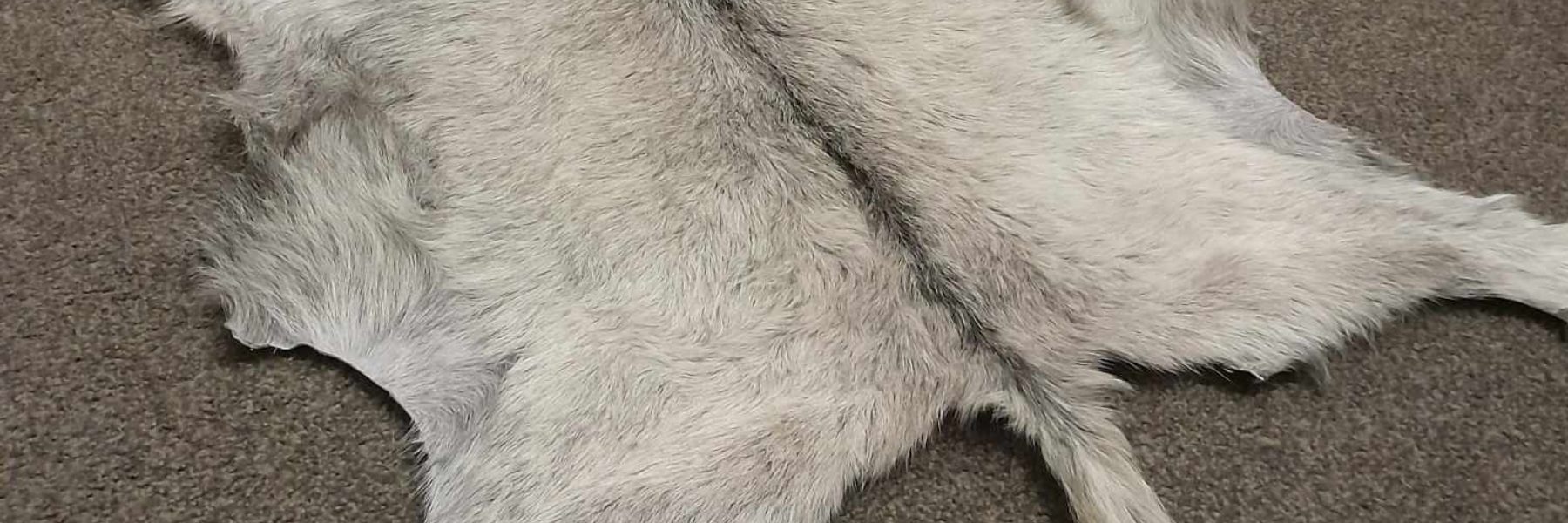A Guide To Tanning Skins At Home
Hunting and Wildlife Magazine - Summer Issue 223
Words By: LOUIS FERENS
Step 1: Shoot and skin an animal, skins can be stored salted in a container or freezer until needed.
Step 2: Remove all the meat and sinew. I've found a water blaster the quickest and easiest way. Fleshing tools, garden hoes and other blunt blades can be used too.
Step 3: Once all the flesh is removed, wash the skin in a bucket of warm soapy water and spin dry in the washing machine (when the Mrs isn’t looking).
Step 4: Heavily salt the flesh side of the skin, covering all of the raw hide (I use pool salt from Mitre 10 or non-iodised salt from the supermarket). Once salted, fold the skin in half, roll it up and place it in a sack or bag that liquid can drain out of. Hang the bagged skin for a day to draw moisture out of the skin. (The skin can remain salted for some time if needed).

Step 5: Hose off the salt and place the skin in a tanning solution, I prefer the Leders tanning formula. Various other pickling methods can be used too.
Be sure to agitate and move the skin every day ensuring all folds are exposed to the solution. I also like to sit full water bottles on the top of the liquid to keep the skin completely submerged.
Depending on the size of the skin, remove it from the solution after 3-10 days.
Step 6: Once removed, hand wash then spin dry the skin again. Then stretch the skin on a timber or ply board, tacking the edges down with nails or staples.
Once tacked out, apply Leders leather lube to soften the leather and leave for a few days to dry/set.
Step 7: Sand and scrape the leather until smooth, thin, and pliable. Use 80 grit for the initial sanding and finish with finer sandpaper.
Step 8: Once smooth and dry to the touch, the skin can be cut around the edges, as close to the tacks as possible. Keep shaping until symmetric and all edges are clean cut.
Lastly, repeatedly fold the skin to break it making it more pliable and less likely to curl.





